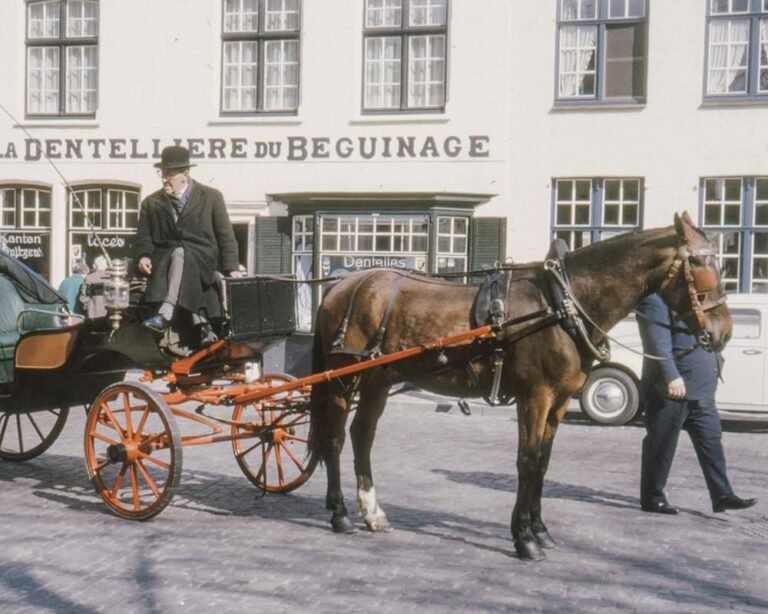savoir
The French verb “savoir” is a frequently used verb. It means “to know.” It is different from the verb “connaître,” which means “to know” in the sense of “to be familiar with.” “Savoir” is more like “to know how” (to do something). “Savoir” is an irregular verb, which means it doesn’t follow the usual rules for…









